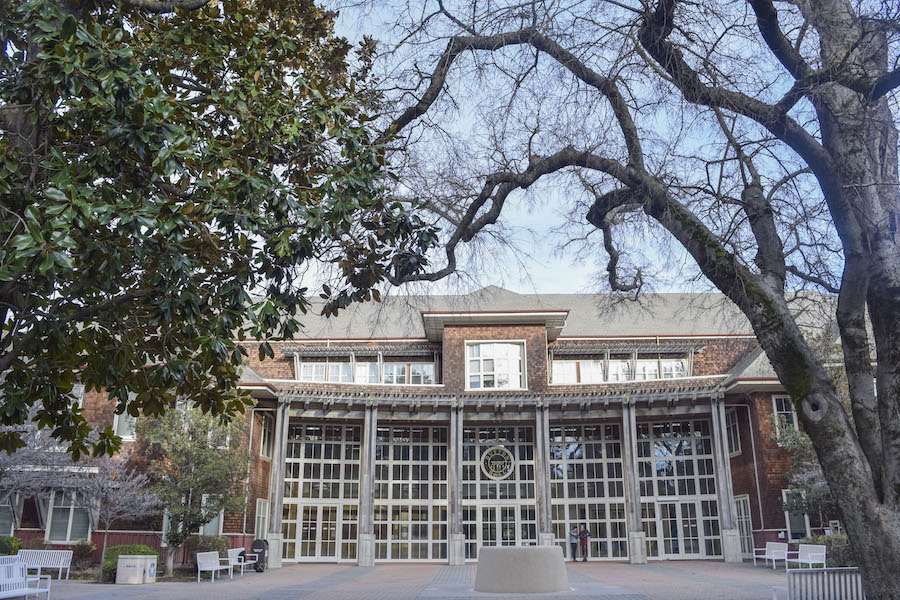
There is no equality in the American system of education. The task of learning is an effective equalizer, but to get to institutions of higher learning now depends upon so much more than being a stellar student. Inequalities are systematic — preying on the underprivileged, targeting their families and dooming young children.
Getting a good education starts before grade school. First, students must be lucky enough to find themselves in homes in good school districts. Parents who are pressed for money often compromise by settling in subpar districts. Some parents don’t know that certain schools score better and therefore receive more funding to employ better teachers, obtain excellent technology and prepare their students more effectively for higher education. Until recently, struggling students who couldn’t make good grades were punished with less funding for their schools, resulting in an uphill battle for success.
School is more difficult for some students than others. To combat this, schools put students on tracks in which they are virtually bolted to their entire academic career. The tracking principle groups children by ability levels. Those with above average abilities are put on tracks that reflect higher levels of achievement. In poor schools with less funding (and often high levels of minority students), many are placed on low-achieving tracks early on. These students are more neglected by a system that does not provide them with equal resources. This follows them through high school and leaves them fundamentally unprepared to complete college coursework. Frustrated, many students take fewer classes and up the work hours they need to support their education, but, still not seeing the value in school, ultimately drop out.
What about the kids who beat a system stacked against them? On the chance that a student is able to overcome those odds, they first must work obscenely hard to move into a track with the appropriate college preparatory coursework. Second, they must devote extra time and effort into extracurriculars that will allow them to compete with their privileged counterparts. Things like unpaid volunteer work and captaining mathletes are much harder to fit into the schedule of a student with a struggling family. If they do overcome these hardships, and are able to put together a competitive application, still only about 56 percent of Americans finish a four-year degree.
So what’s the problem here? Even students who are able to overcome the odds and secure financial aid still drop out. A third of middle class students who leave college prematurely cite financial considerations as the reason. It’s often not their finances they are concerned with, but their family’s.
Lots of these students contribute to their households in big ways. These responsibilities are often worrisome. Students take on the large task of having to subsidize income or take charge of childcare. Often laden with the guilt of abandoning their family and frustrated with school, students quit. They go back home, only to reenter the workforce with a minimum wage job. Once they have kids, the cycle starts again, and the suppression continues generation after generation. In this way, the educational pursuit systematically oppresses the impoverished.
How ironic is it, that a system which focuses on intellectual liberation is actually subtly enslaving. While there have been efforts to improve elementary school tracking practices, the availability of high school extracurriculars and college retention, the problem doesn’t go away. Those are only bandaids for the larger issue of wealth inequality across America. Educational affordability isn’t just a matter of school, but also affordable living.
Economic class largely determines opportunity and success. America was founded on the principle that those who work hard will be able to achieve the most. I cannot think of anyone who works harder than the single mom working two minimum wage jobs to make ends meet and simultaneously attempting night classes. A pay-your-way education system impedes the efforts of hardworking Americans. Right now, with the system set up as it is, an affordable education is an illusion for millions of Americans.
You can reach KATELYN COSTA at kcosta@ucdavis.edu or on Twitter @costaaak.









